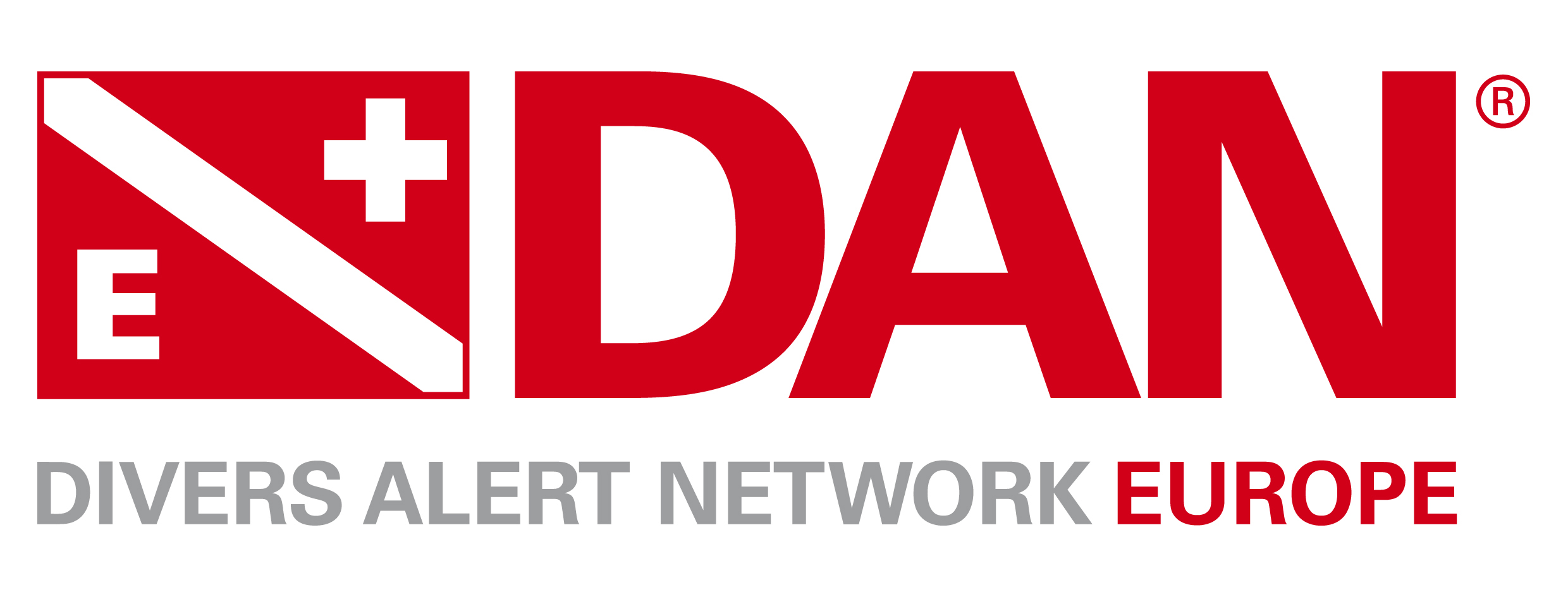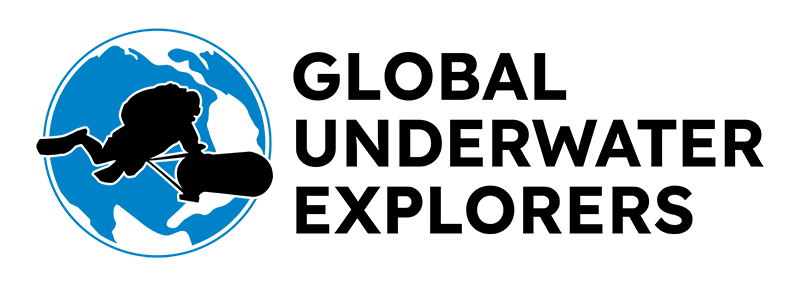BLS-D & Oxygen First Aid
BLS-D & Oxygen First Aid
WHY TAKE THIS COURSE?
Whether you're a non-diver, recreational diver, or an advanced technical diver, accidents happen and knowing how to support your teammates in the event of an emergency is critical.
Provided in partnership with Divers Alert Network (DAN) Europe, GUE is pleased to offer a combination course that includes both the Basic Life Support with Automated External Defibrillation and Oxygen First Aid for Diving Emergencies programs.

WHO IS IT FOR?
Divers and non-divers alike are encouraged to undertake basic life support training. Although this program is designed for divers, the skills learned in the course can be applied in a variety of situations.
WHAT WILL I LEARN?
The BLS-D course is designed to provide the knowledge and skills needed to provide basic life support (BLS) to adult victims, as well as administer automated external defibrillation (AED) in the event of cardiac arrest. BLS consists of several first aid techniques that support (or might restore) life, and at the end of the course, the BLS-D provider will be able to recognize an emergency, activate EMS, and provide early BLS and AED support. Early Access to the EMS and early BLS are 2 of the 4 links in the chain of survival.The Oxygen First Aid course provides students with training in the techniques of using oxygen as first aid for a suspected dive injury in addition to the fundamentals of recognizing diving injury signs and symptoms, response, and management.
Applicants for a GUE-DAN BLS-D & Oxygen First Aid program must:
- Be physically and mentally fit.
- Be a non-smoker.




